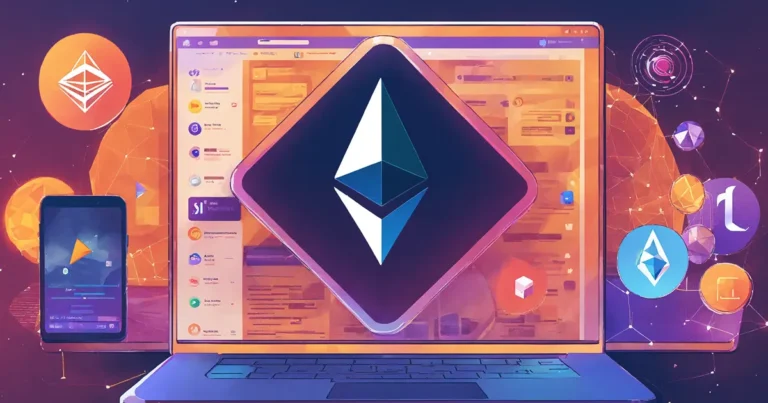15-4-2025 – A former Ethereum core developer has outlined how blockchain technology might resolve the pressing challenges facing artificial intelligence. Speaking yesterday, Eric Connor suggested that Ethereum’s watershed moment in mainstream adoption could stem from its potential to revolutionise AI systems.
The blockchain platform’s inherent characteristics—transparent smart contracts, decentralised architecture, and robust micropayment systems—position it as a promising solution to AI’s current limitations. These features could particularly address mounting concerns over AI’s notorious “black box” problem, where decision-making processes remain obscure to users and regulators alike.
Whilst major technology firms may resist relinquishing their grip on proprietary AI models, growing public demand for transparency and accountability could tip the scales in favour of blockchain-based solutions. Connor, who stepped away from Ethereum’s development team in January amidst leadership discussions to pursue AI-related ventures, envisions a future where decentralised approaches become the norm rather than the exception.
This vision aligns with emerging trends in agentic AI development, where autonomous systems are increasingly leveraging Ethereum’s infrastructure. Notable examples include Luna, an autonomous virtual influencer managing its own blockchain wallet, and Botto, a community-driven AI artist creating NFTs through democratic voting processes.
The intersection of blockchain and AI has already captured the attention of industry veterans, including Vungle co-founder Zain Jaffer, who earlier this year identified AI decentralisation as cryptocurrency’s next frontier. Recent developments have seen the emergence of innovative projects like AIXBT, which provides cryptocurrency market analysis, and conversational interfaces such as Bankr and HeyAnon, enabling users to manage digital assets through straightforward chat commands.
Ethereum’s fundamental principles of openness, collaboration, and minimal trust requirements could prove instrumental in fostering ethical AI development. The platform’s smart contract capability offers unprecedented transparency in model training and data sourcing, potentially disrupting the centralised data monopolies that currently dominate the AI landscape.


